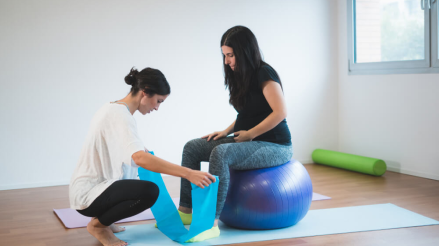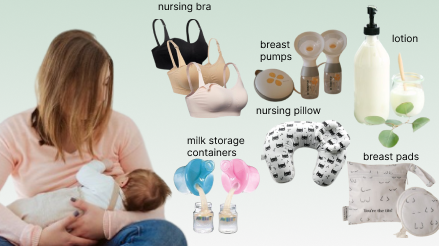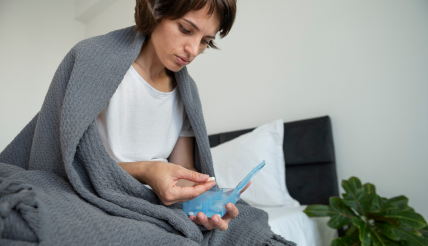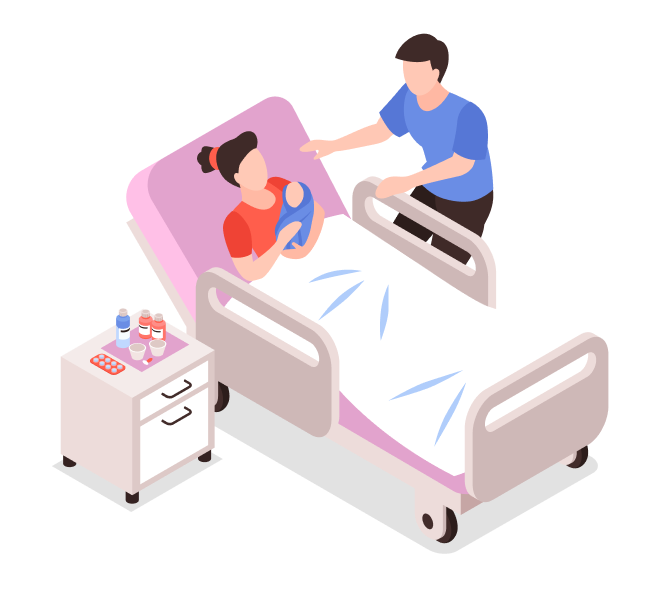Articles
 Breast Issues & Cancer
Breast Issues & Cancer
 Fertility & IVF
Fertility & IVF
 Pregnancy & Post Partum
Pregnancy & Post Partum
 Nutrition & Weight
Nutrition & Weight
 Child Care & Parenting
Child Care & Parenting
 Living with : Blood Pressure & Heart Rate Issues
Living with : Blood Pressure & Heart Rate Issues
Breast Issues
How To Get Pregnant
Contraceptives
Medical Conditions Affecting Fertility
Sexually Transmitted Infections
Pregnancy Overview
Pregnancy: Nutrition & Exercise
Pregnancy: Common Conditions/Illnesses & Solutions
Pregnancy: Shopping checklists and Bookreading Lists
Post Pregnancy: Delivery, Breastfeeding and Postpartum Care
Weight Management
Baby Care Basics
Breastfeeding
Bottle-feeding your baby
Parenting the crying infant
Baby Sleep
Blood Pressure
Products
You may also like…
What are the possible after affects you may feel in the recovery room?
“Recovery from a cesarean section is similar to recovering from any surgical procedure except that you get to take home a brand new baby!”
Let's Start with some Quick-Fix Tips !
- Breathing and coughing exercises
- Encouragement of exercise
- Get up between 8-24 hours after surgery
- Wear elastic stockings
- Spend time with your baby
- Take sponge baths
In the whirlwind of postpartum challenges and joys, finding effective recovery strategies is crucial for new moms seeking to regain their strength and well-being after giving birth. Let's dive into some remedies..
- Anesthesia After-effects: There are 3 kinds of anesthesia available; epidural, spinal block and a combined epidural-spinal block. An epidural performs its numbing effects in 20 to 30 minutes and enables you to stay awake during the procedure. A spinal block works from your belly button and down, it takes 2 to 5 minutes to take effect and is the most common type of anesthesia used in C-section. Another kind of anesthesia combines the two kinds of previously mentioned anesthesia. It is very possible to feel dizziness, nausea and backache while the anesthesia wears off. In the recovery room, you may feel very shaky or get triggered by temperature highs and lows.
- Pain around your incision: after the anesthesia wears off, the site around your incision was made starts to unfold its painful effects. This depends on your personal pain threshold and the number of times you have had a cesarean section, the first one being the worst.
- Possibly nausea, with or without vomiting: it is very common to feel this and many anti-emetics are available for relief so do talk to your doctor before taking it.
- Constipation: this is a very common complaint-post delivery and has more to do with psychological fear than a medical concern. We recommend you increase your water intake during this time, add Ispaghol 1 tablespoon with every meal, increasing fiber in your diet alleviates this fear. You need to consult your doctor when you haven’t passed a bowel movement in 4 days, so you can try adding a stool softener.
- Exhaustion: you have probably gone through a number of hours of labor even before C-section, and the wearing off of the anesthesia will probably wear you out.
- Afterpains: they will start 12-24 hours after your procedure and they are triggered because the uterus shrinks back to its pre-pregnancy size. After 6 weeks, you can press your hand upon your navel and you will probably not feel it at all, this is when the uterus has ascended to its pre-pregnancy location. The afterpains become worse when you are breastfeeding because oxytocin is released during this time (oxytocin is a contraction-stimulating hormone). Take an over-the-counter acetaminophen and wait for this to subside within 4 to 7 days, if it still doesn’t, consult your doctor.
- Possible constipation: the anesthesia and surgery may have slowed your digestive system downand it will take about 3 to 4 days to pass your first bowel movement. Some painful gas is very common during this time. Worry less and increase roughage and fiber in your diet, keep an increased proportion of liquids in your diet and get off your bottom-basically move more and perform kegel exercises.
- Abdominal discomfort: Your bowels have been on a pause for a while and making it active again will release some trapped gas which can be quite painful at times. This becomes more painful when it presses against your incision line.
- Backache: due to the position of your body during delivery and the passage of anesthesia through the lower back, backache is very common and occurs to almost every woman.
- Breast engorgement: feeling like your breasts are brick-hard and full of milk can be a painful situation, know that this does not continue throughout your nursing period and goes away as soon as a well-coordinated baby-mother-feeding system is established. Some women experience flat, sore or cracked nipples and this is also only temporary. You can help yourself at home during recovery with a warm compress or a warm shower, a cold compress or an icepack. Try nursing to help dispose the milk, or a breast massage to aid in muscle relaxation or over-the-counter acetaminophen.









